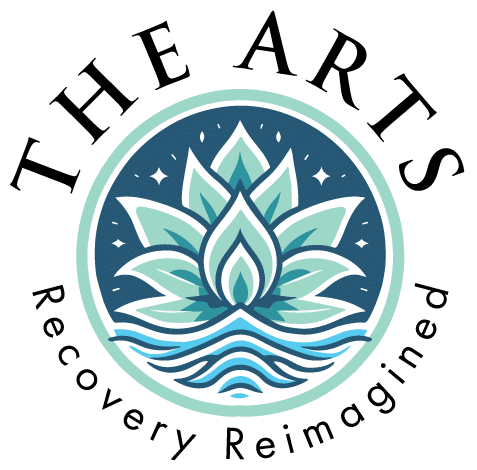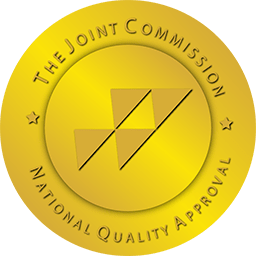Cocaine is a highly addictive substance with severe physical and mental health effects.
Individuals who decide to reduce or quit after prolonged use may experience withdrawal symptoms of varying intensity and duration.
Continue reading to delve into the symptoms of cocaine withdrawal, the stages inherent in the process, and potential remedies to aid individuals in navigating the arduous path to recovery!
What is Withdrawal?
Withdrawal is the body’s natural response to the absence of a substance it has become dependent on.
What is the Importance of Understanding Withdrawal?
Before delving into the symptoms of withdrawal, it is crucial to understand the significance of this topic.
Withdrawal is an integral part of the recovery process and can have a significant role in an individual’s decision to seek treatment and overcome addiction.
By clearly understanding the symptoms associated with withdrawal, individuals and their loved ones can better recognize withdrawal signs and provide appropriate support during this challenging time.
What Are the Symptoms of Cocaine Withdrawal?
Withdrawal symptoms can manifest both physically and mentally.
While the severity and duration of these symptoms may vary from person to person, some common symptoms include the following:
Cravings
Intense cravings for cocaine are a hallmark symptom of withdrawal.
These cravings can be overwhelming and may persist for an extended period, making it challenging for individuals to resist the urge to use them again.
Fatigue
Many individuals experience extreme fatigue and lethargy during withdrawal. This can be accompanied by feelings of weakness and a lack of motivation.
Depression
Depression is a common symptom of withdrawal from cocaine.
Individuals may feel intense sadness, hopelessness, and a loss of interest in activities they once enjoyed.
Anxiety
Anxiety and restlessness are frequent cocaine detox symptoms. Individuals may experience feelings of nervousness, irritability, and difficulty concentrating.
Agitation
Agitation and irritability are expected during the withdrawal process. Individuals may find themselves quickly frustrated or angered by even minor occurrences.
Sleep Disturbances
Sleep disturbances, including insomnia or excessive sleepiness, can occur during withdrawal.
These disturbances can further exacerbate feelings of fatigue and contribute to overall discomfort.
Vivid Dreams
Some individuals may experience vivid and often unsettling dreams during withdrawal. These dreams can disrupt sleep patterns and contribute to feelings of unease.
Increased Appetite
Many individuals experience an increase in appetite during withdrawal.
If not managed effectively, this can lead to weight gain and potentially unhealthy eating habits.
How Long Do These Symptoms Last?
It is important to note that these symptoms may not manifest all at once or with the same intensity.
The duration of withdrawal can vary, with symptoms typically peaking within the first few days and subsiding over the following weeks.
What Are the Stages of Cocaine Withdrawal?
Cocaine withdrawal can be divided into three stages:
The Crash
The crash happens right after cocaine use, accompanied by intense cravings, fatigue, depression, and anxiety. It usually lasts a few days.
Withdrawal
The withdrawal stage follows the crash, characterized by physical and psychological symptoms.
This stage can last for several weeks, with symptoms gradually decreasing in severity over time.
Extinction
The extinction stage marks the resolution of withdrawal symptoms.
While some individuals may continue to experience cravings, the physical and mental symptoms significantly diminish during this stage.
Can You Quit Cold Turkey?
To ensure a safe and successful recovery journey, it is crucial to seek medical help and guidance.
Possible Remedies for Withdrawal Symptoms
While the withdrawal process can be challenging, several remedies and strategies can help individuals manage their symptoms effectively.
Some possible remedies include:
Medical Supervision
Detox, under medical supervision, can help manage the physical symptoms of withdrawal and provide necessary support and guidance throughout the process.
Therapeutic Support
Counseling or therapy sessions can help individuals address the underlying issues contributing to their cocaine use and withdrawal symptoms.
Therapy can also provide coping mechanisms and strategies to navigate withdrawal challenges.
Supportive Environment
Surrounding oneself with a supportive and understanding environment is crucial during withdrawal.
This can involve family and friends who are empathetic, as well as support groups where individuals can share their experiences and receive encouragement.
Healthy Lifestyle
Adopting a healthy lifestyle that includes regular physical activity, nutritious meals, and sufficient sleep can aid recovery.
These lifestyle changes can improve overall well-being and contribute to a positive mindset.
Relaxation Techniques
Incorporating relaxation techniques such as guided meditation, deep breathing exercises, or yoga can help reduce anxiety, promote relaxation, and alleviate withdrawal symptoms.
ARTS IOP Has Programs for the Symptoms of Cocaine Withdrawal in California
At ARTS IOP, we provide the tools and resources to help individuals successfully manage cocaine detox symptoms.
We offer tailored programs, such as family therapy, group therapy, and sober living homes, designed to meet the unique needs of each individual.
We aim to support and guide them through their journey healthily and positively, ensuring a smooth transition.
If you or someone you know is struggling with cocaine addiction and would like more information about our programs to support cocaine detox, please contact us today!





